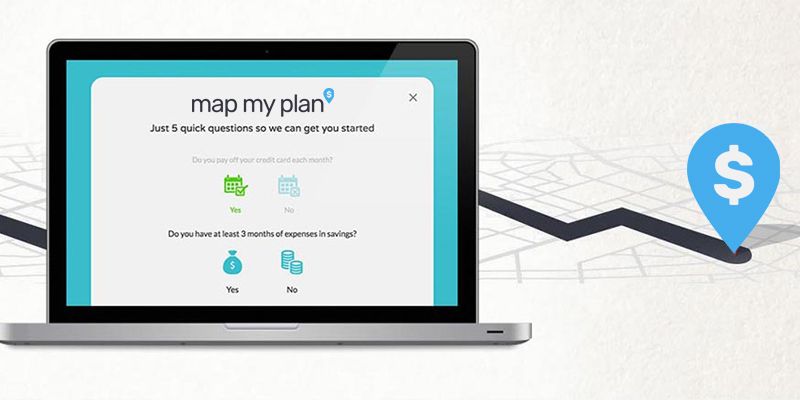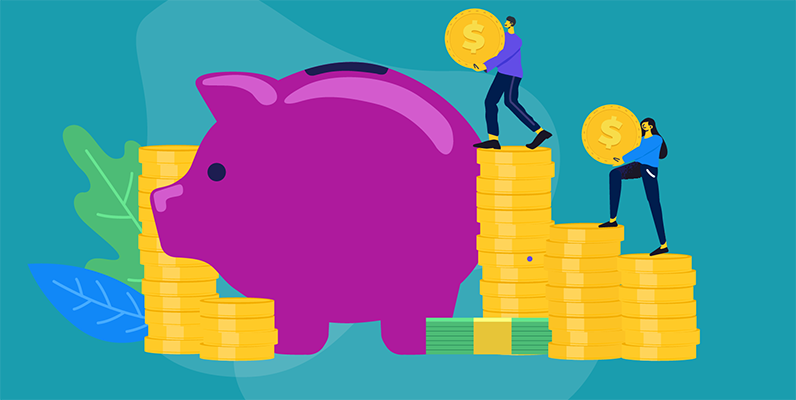
To switch or not to switch your Super
Many Australians have watched their Super balances fall as a result of the COVID-19 crisis, and many are grappling with the urge to switch their investments to a more conservative cash portfolio to protect what they have.
So what are the pros and cons?
Superannuation is traditionally an investment for the longer term due to the fact it is legislated as to when we can access it. For the majority, that is when we reach retirement age.
However, even on reaching retirement, most of us only draw a monthly payment from our superannuation, with most of our funds continuing to be untouched for a much longer period, with a gradual reduction over time. Due to this, many of us choose to have a portion of our funds invested in growth assets, which primarily will be shares. History tells us this approach has the potential to provide a better return than cash over the longer term.
Therefore, with time on our side, theory tells us that if we did our research when we initially invested, and reviewed that decision along the way, switching to cash might not necessarily be the best path to take.
A question to consider: if you had made a decision to purchase an investment property to keep as a long term investment to hold well into your retirement, and the property market tumbled after you had purchased it, would you race out and sell it at the reduced price and lock in a significant loss? Or would you hold onto it as you have the belief that property will rise and fall over time, and you made the investment decision knowing that, and equally knowing this investment is for the longer term?
If you decide to switch your superannuation to a more conservative investment portfolio, that will generally mean selling the underlying investments at a significantly reduced price to what they were worth a short time ago. That is the same as if you sell the investment property when the property market tumbles you are therefore locking in the loss. Equally, if you believe that the economy will return to normal and in time share markets will again rise, if you are in cash you will not get the benefit of any rebound in the share market.
Alternatively, you may decide to remain in cash for the rest of your years. You may feel the benefit of this is that your money is ‘protected’, but do bear in mind that the prices of goods rises by inflation each year and if your money is not keeping pace with this, then your money is essentially being eaten away.
There are some great things to focus on in times like this.
- You can make sure you are in a Super fund that you understand and are comfortable with how they invest and what their fee structure is.
- You can make sure you have an asset allocation that suits your personality in both the good times and the bad so you can sit back and feel comfortable with the level of risk you have taken.
- Finally, for peace of mind don’t look at your balance every day! How often did you look at your balance when things were going well? Monthly? Then don’t look at it daily when things are bad. How often do you value your property? Your Super is a long-term asset and does not need to be viewed daily.
While no one can give guarantees, history tells us that markets do recover. If you are unsure if you have the right investment structure in place for your superannuation portfolio, then please consider obtaining professional advice.






























